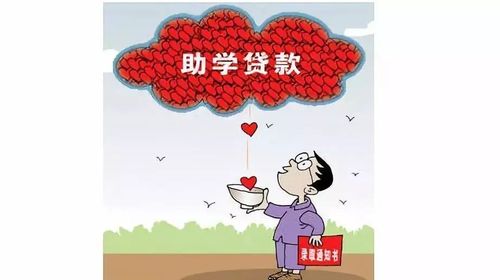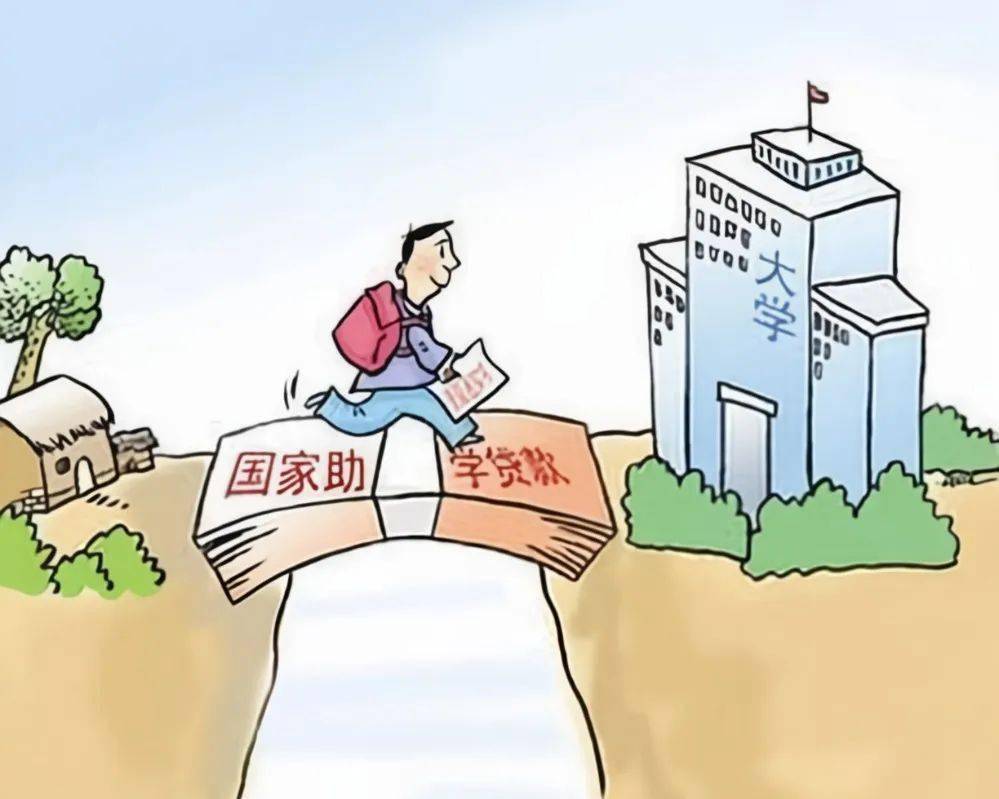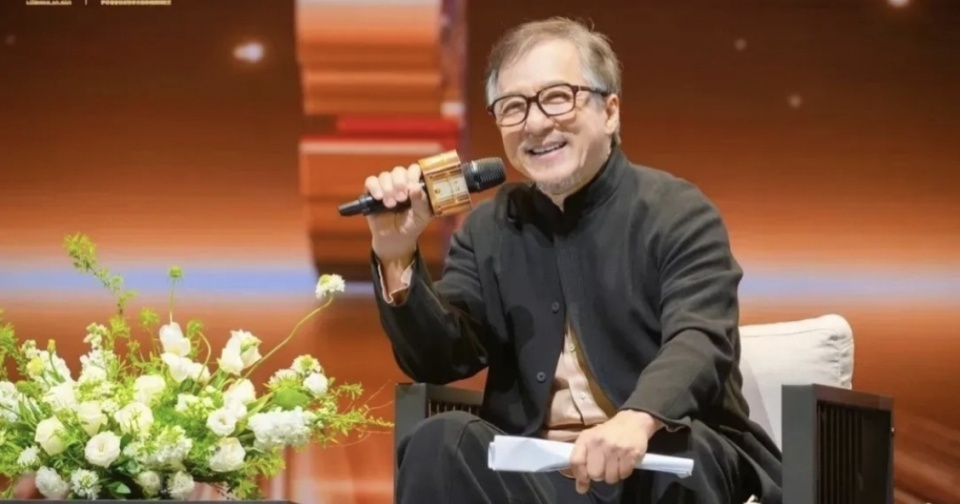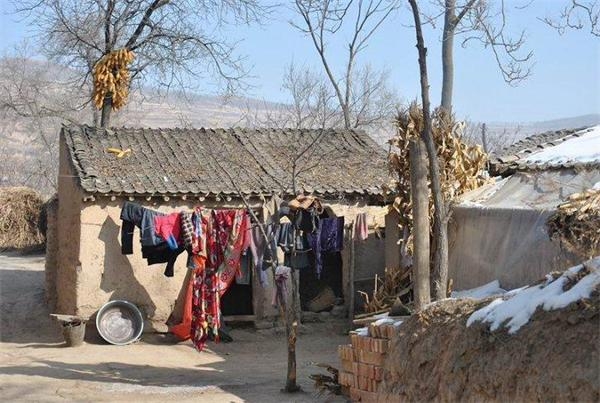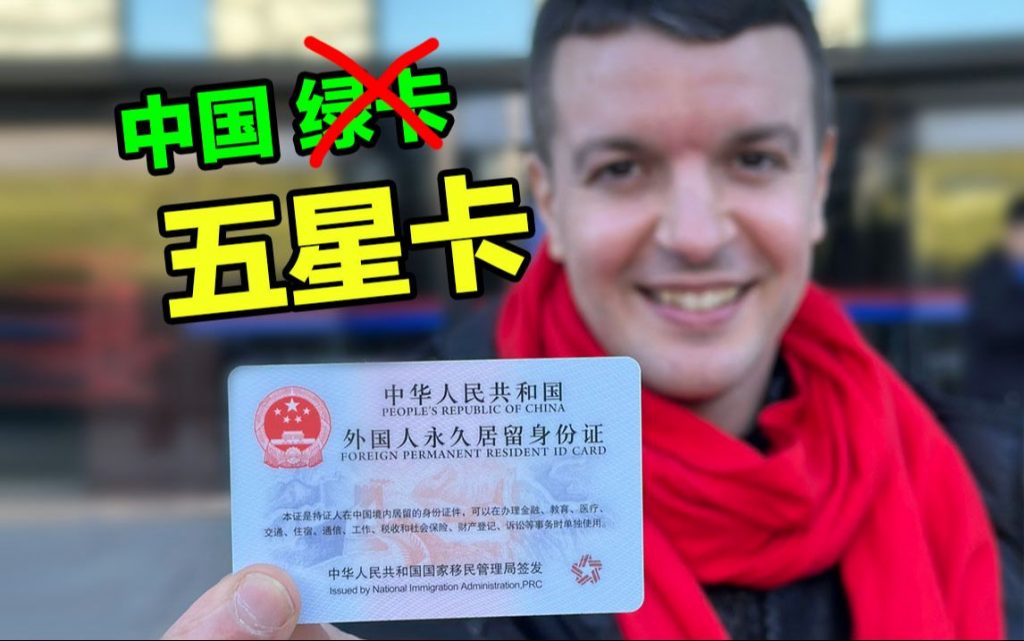
The reason why the Chinese green card is considered one of the most difficult green cards to obtain is mainly based on the following reasons:
- Strict application conditions
According to the “Administrative Measures for the Approval of Permanent Residence of Foreigners in China”, foreigners applying for a Chinese green card need to meet a series of strict conditions. These conditions include but are not limited to:
Investment conditions: Applicants need to make direct investments in China, and have stable investment and good tax records for three consecutive years. The specific investment amount varies according to the investment region and industry, but the general requirements are high.
Job conditions: Applicants must hold positions such as deputy general manager, deputy factory director or above in China, or have associate professors, associate researchers or other associate senior titles or above and enjoy the same treatment, and have been in office for four consecutive years, have resided in China for a total of not less than three years within four years, and have a good tax record. In addition, the unit of employment must also meet specific conditions, such as departments of the State Council or institutions affiliated to provincial people’s governments, key universities, etc.
Contribution conditions: Applicants must have made significant and outstanding contributions to China and be in special need of the country. This condition is relatively vague, but usually requires applicants to have significant achievements or contributions in science and technology, culture, economy and other fields.
Relative conditions: Spouses of Chinese citizens or foreigners who have obtained permanent residence in China, who have been married for five years, have lived in China for five consecutive years, have lived in China for no less than nine months each year, and have stable living security and residence, can apply for a Chinese green card. However, this condition also requires applicants to meet certain residence and income requirements.
- Complicated approval process
The approval process for a Chinese green card is relatively complicated and requires multiple links and a long wait. Generally speaking, applicants need to apply to the municipal public security organs of the community where the main investment or long-term residence is located, or to the municipal public security bureaus or county bureaus. After accepting the application, the public security organs will investigate and verify the applicant’s situation in accordance with the prescribed application conditions and report it to the Ministry of Public Security for approval. The entire approval process may take several years and there is great uncertainty. - Limited number of green cards issued
Compared with some developed countries, China issues relatively few green cards each year. Since the implementation of the “green card” policy in 2004, China has issued a limited number of green cards in total. Although China has relaxed the green card application and review conditions in recent years in order to attract foreign talent and investment, the number of foreigners who obtain Chinese green cards each year is still relatively small. This limited number of issuances also increases the difficulty of obtaining a Chinese green card. - Insufficient social awareness
Although the Chinese green card policy has been implemented for many years, many foreigners still do not know enough about this system. They may think that the threshold for Chinese green cards is too high, the application is too difficult, or they lack sufficient understanding and trust in China, so they are unwilling to try to apply for a Chinese green card. This lack of social awareness also affects the application and issuance of Chinese green cards. - Other factors
In addition to the above main reasons, there are some other factors that increase the difficulty of obtaining a Chinese green card. For example, the Chinese green card involves issues such as national security and social stability, so the approval process is very strict. In addition, some foreigners may find it difficult to adapt to China’s social and living environment due to language and cultural barriers, which also increases the difficulty of their application for a Chinese green card.
In summary, the reason why the Chinese green card is considered to be one of the most difficult green cards to obtain is mainly due to its strict application conditions, cumbersome approval process, limited number of issuances, and lack of social awareness. However, with the rapid development of China’s economy and the improvement of its international status, more and more foreigners have begun to recognize China’s potential and opportunities and hope to obtain a Chinese green card in order to better participate in China’s economic and social development. Therefore, China’s green card policy may continue to be adjusted and improved in the future to attract more foreign talents and investments to China.

